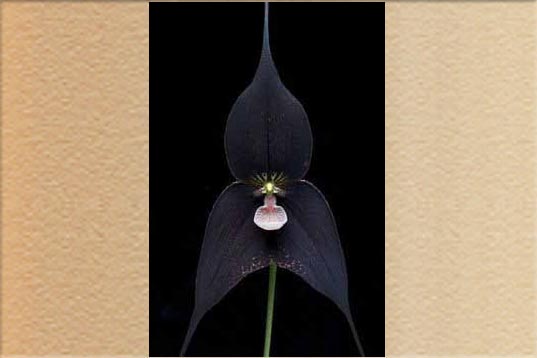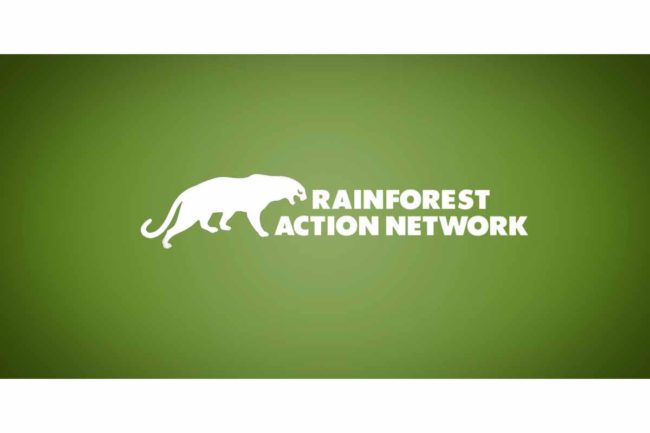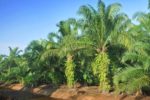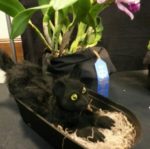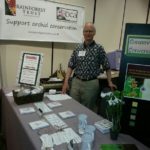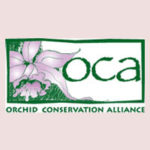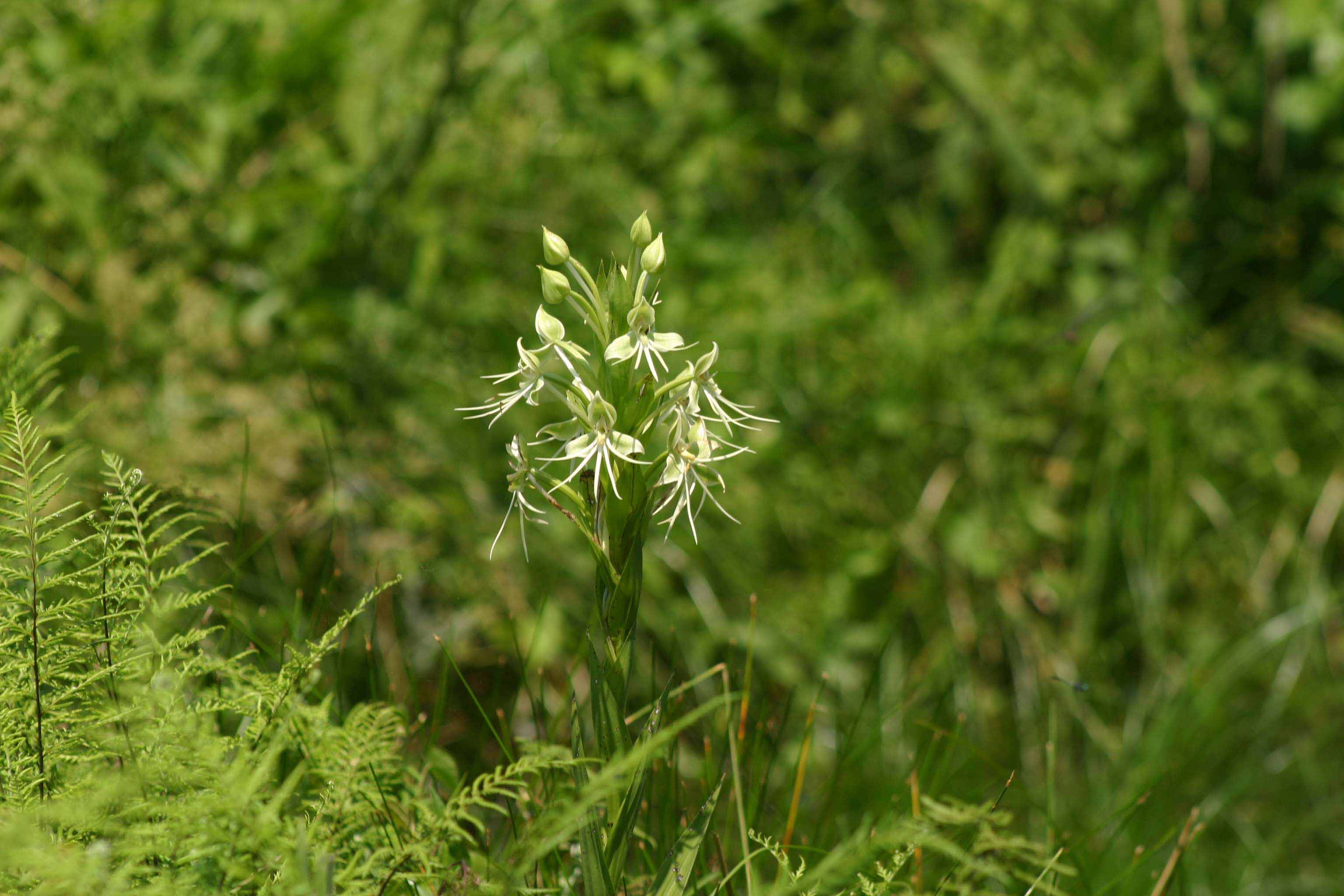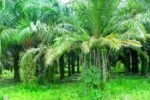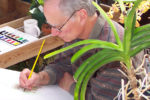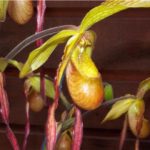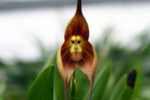Over a year ago I wrote an article about a proposed orchid reserve where a number of species of the Dracula Orchid could be found. The land has been purchased and additional acres are under negotiation. Rainforest Trust is a partner in this venture. I am honored to be a supporter of this organization, and am very excited that the project is moving forward.
